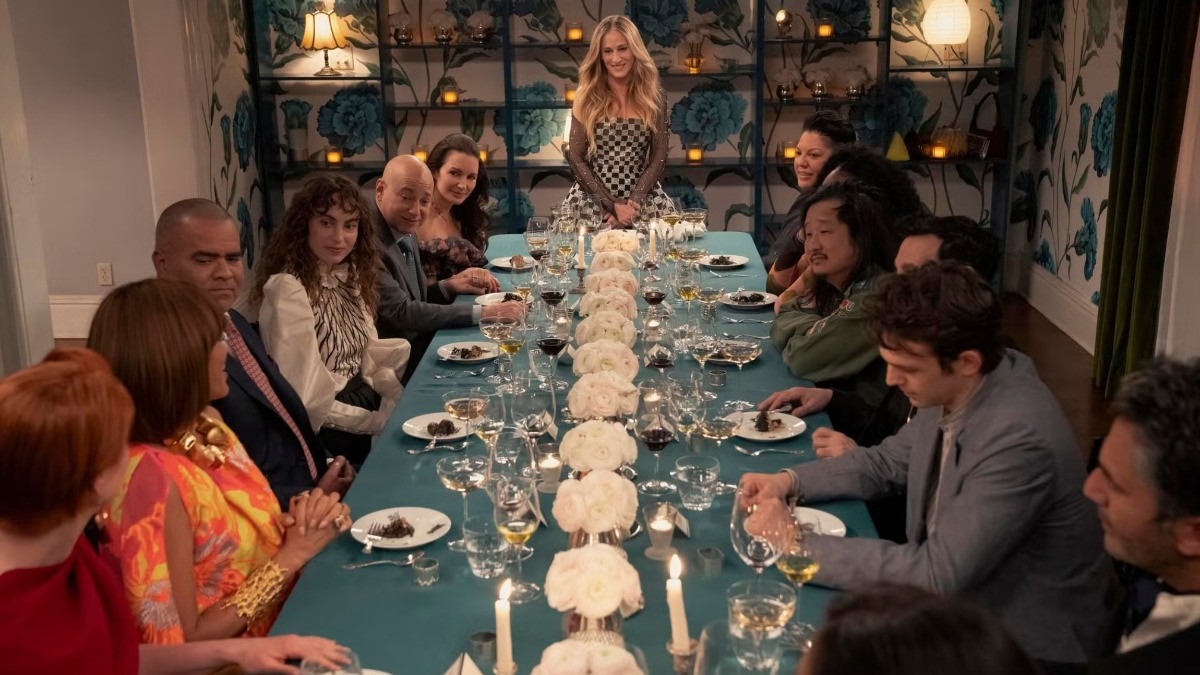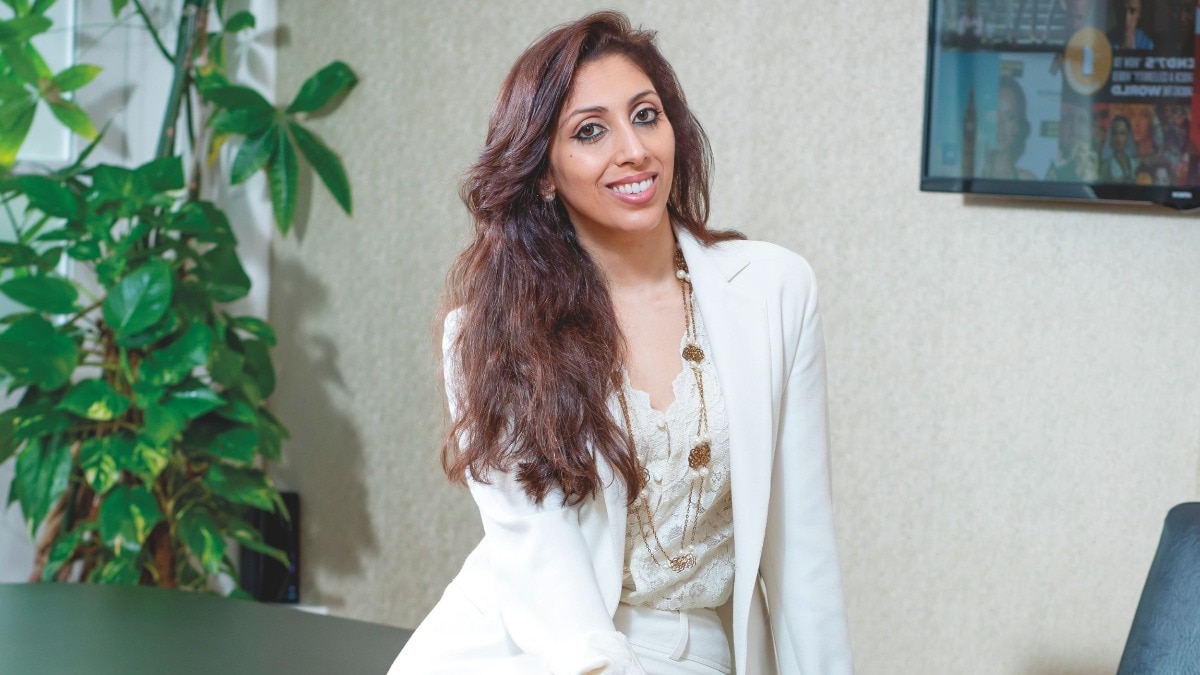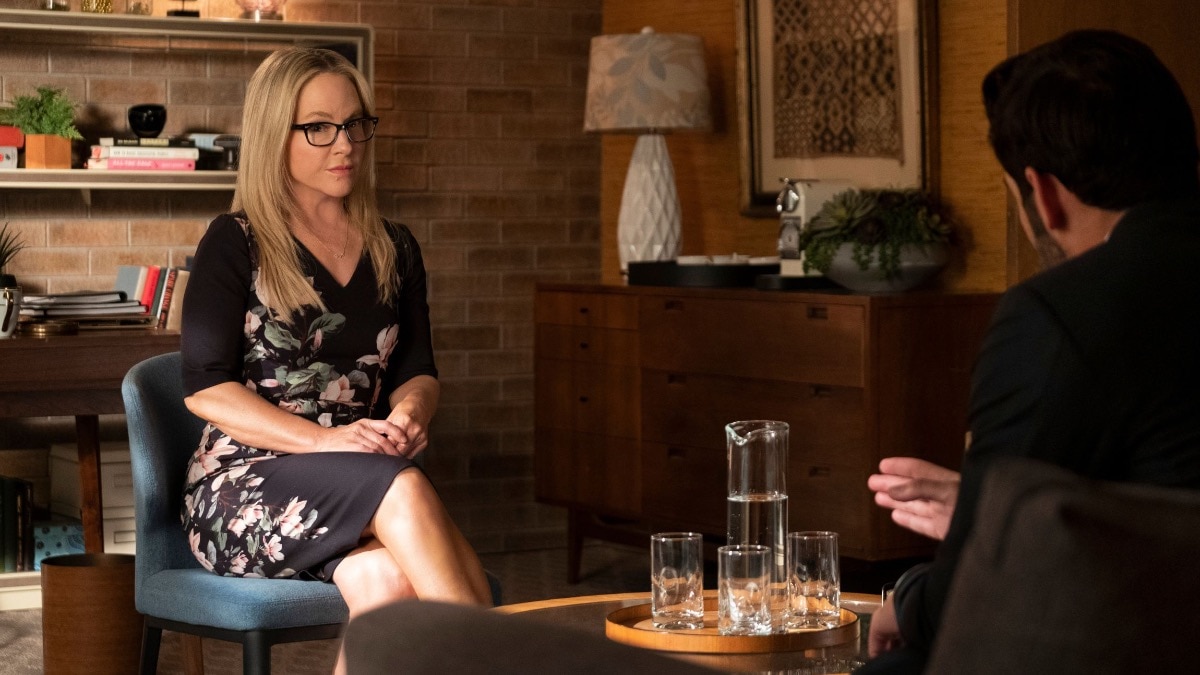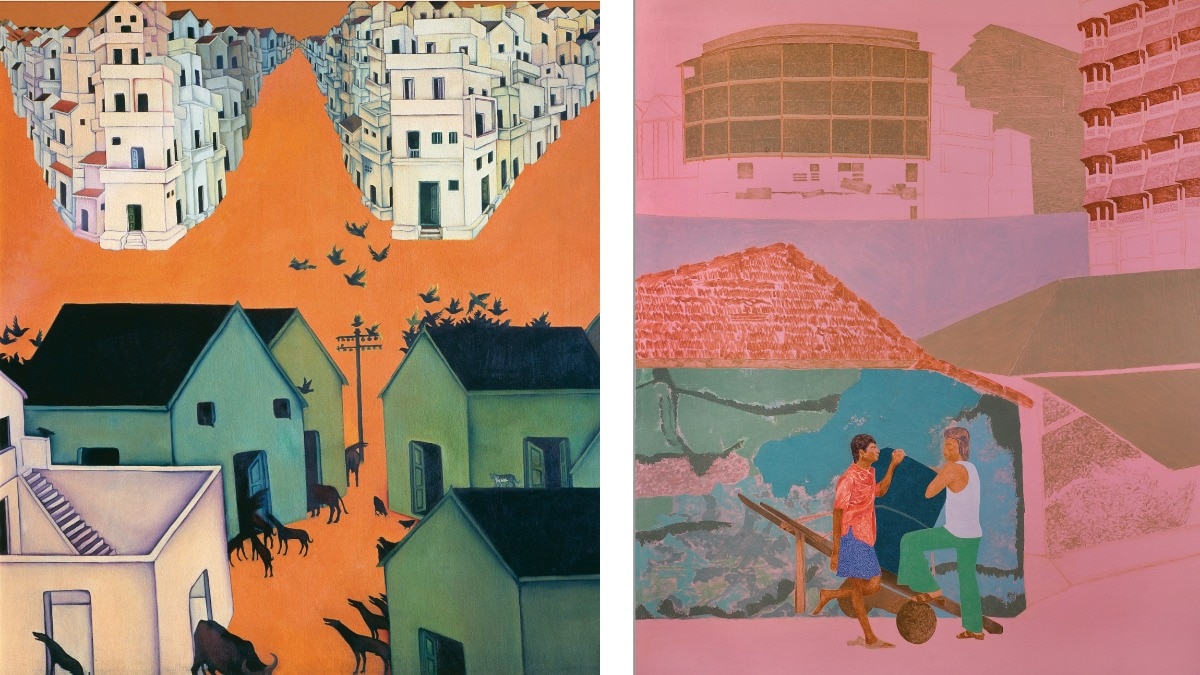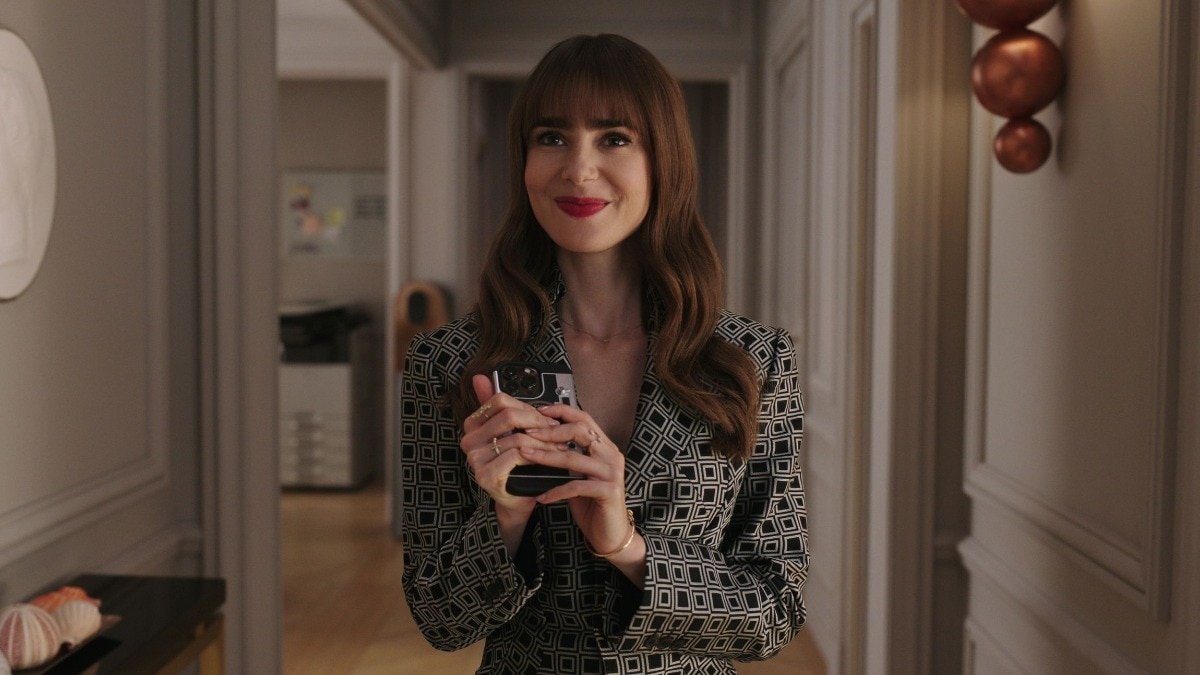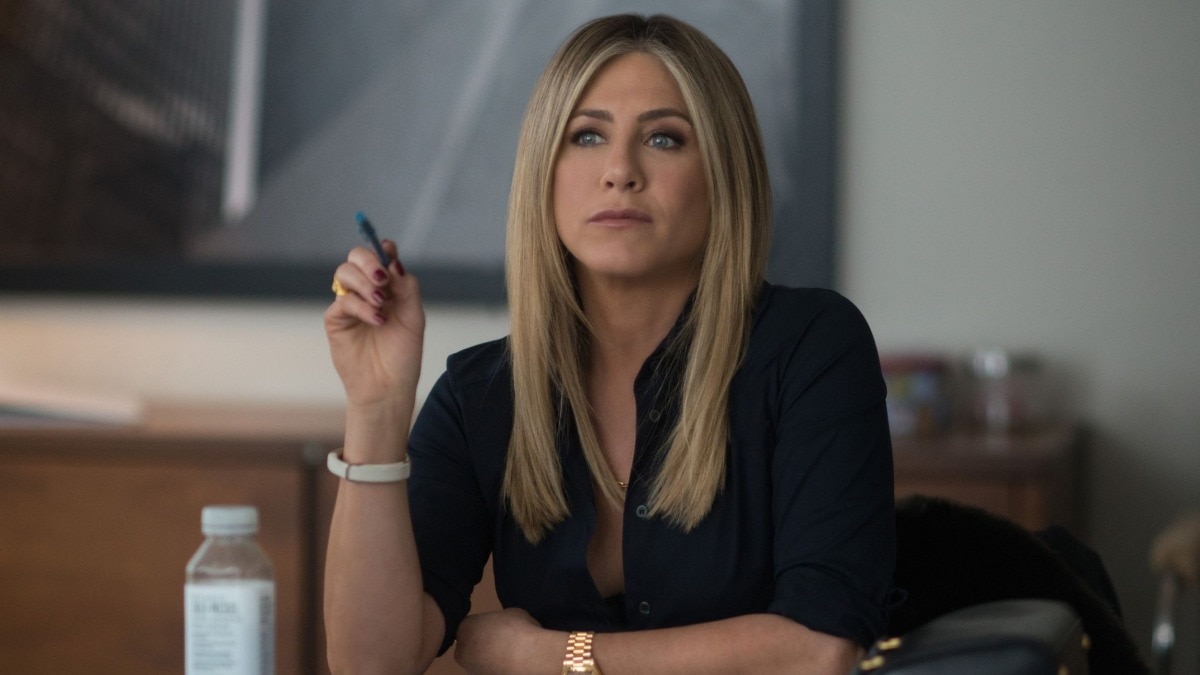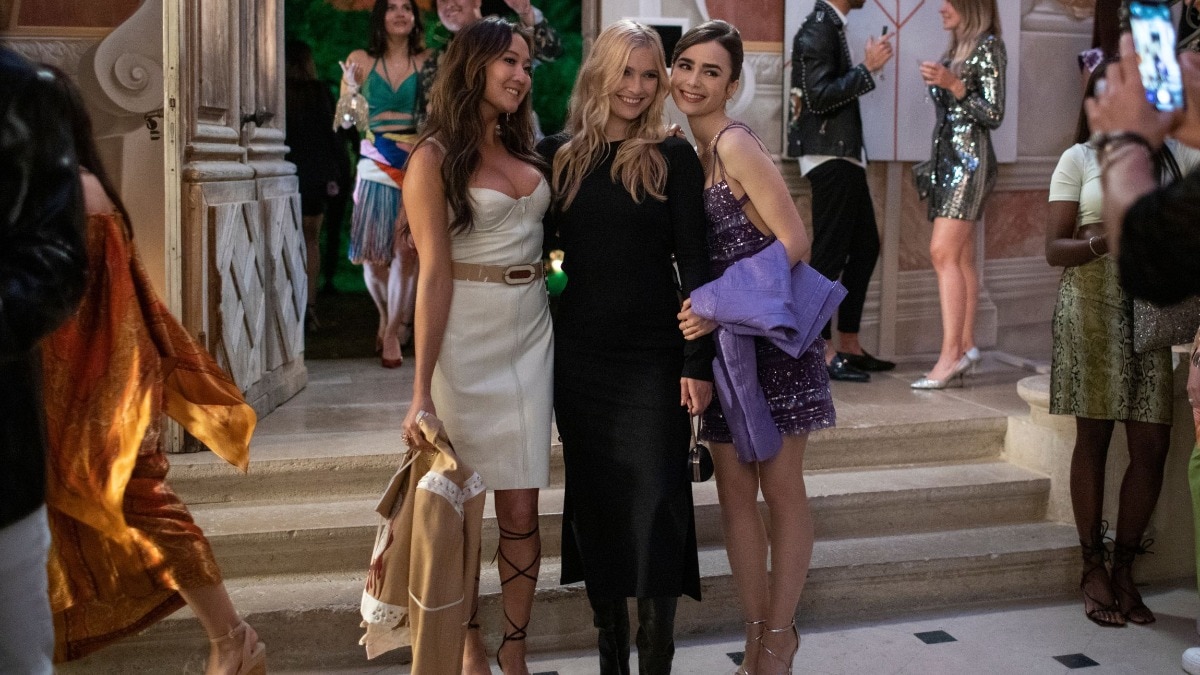
Richa Chadha, Guneet Monga, and Kiran Rao on the stories of women, by women
These women are not just playing the game but redefining the rules.


Heeramandi and Laapataa Ladies seemingly have little in common. Sure, they are primarily women-led projects. But, while one is a period drama about the lives of courtesans set in its namesake red-light district in Lahore, the other is a modern-day satire set in fictional Nirmal Pradesh, following the journey of two women who get swapped in a train because of their veiled wedding attire. One thing they do have in common, however, is that at their centre is the idea of freedom—specifically, of women wanting to create their own destiny.
Richa Chadha, Guneet Monga, and Kiran Rao are familiar with the feeling.
It has not gone unnoticed that slowly but surely, something has been afoot. Last year, Monga-produced The Elephant Whisperers won the Academy Award for Best Documentary Short Film. Earlier this year, Chadha produced Girls Will Be Girls, which won the World Cinema Drama Audience Award at the Sundance Film Festival. Then earlier this month, Rao-directed Laapataa Ladies was nominated as India's entry to the Oscars.
At the India Today Conclave 2024 held in Mumbai, the three trailblazers came together to discuss how women are redefining cinema.
While the common theme between their films receiving international acclaim became apparent early on—institutional support, subsidies, and importantly, a wide distribution net—Rao, Monga, and Chadha unanimously agreed that the talent was always there. Women have always been around to tell their stories and perhaps, only now, we have the structures in place to listen to them.
The three of them have several other things in common too. They wear their success lightly. They don multiple hats, do different kinds of work, and have refused to be boxed in.

When asked if the success of Laapataa Ladies, despite being a small film without any known faces or star power was surprising, Rao made it clear that she is very intentional with her decision-making. She wanted the story to remain rooted and organic, so much so that people forgot about who they were watching and immersed themselves fully into the world they had built.

Monga, on her latest film Kill, a classic revenge-action film, being so starkly different from the sensitive, deeply moving The Elephant Whisperers, laughs, “I love it when people put me in a box. Because then I can jump right out. Because why the hell not.”

Chadha is similarly matter-of-fact when discussing why she decided to turn producer. Calling it a natural extension of what most actors already do, she said it was about “wanting more creative control over my destiny as an artist”.
They are all equally clear that they will continue to tell stories with women playing nuanced, important roles, and they will continue to make way for women as they do.
Monga says, "Don’t wait for a seat at the table. Create your own table." Chadha agrees, adding, “… sometimes you even have to buy the wood.” When Chadha saw that there were very few women in the lighting department, for instance, she applied for a grant to train girls in lighting and to be gaffers. Rao ensures that at least 50 per cent of her team is made up of women.
As Monga put it, “When one woman walks into a door, she makes way for 10 others.”
Lead image: Getty Images
Also read: A powerhouse: Hansal Mehta on 'The Buckingham Murders' and how he works

